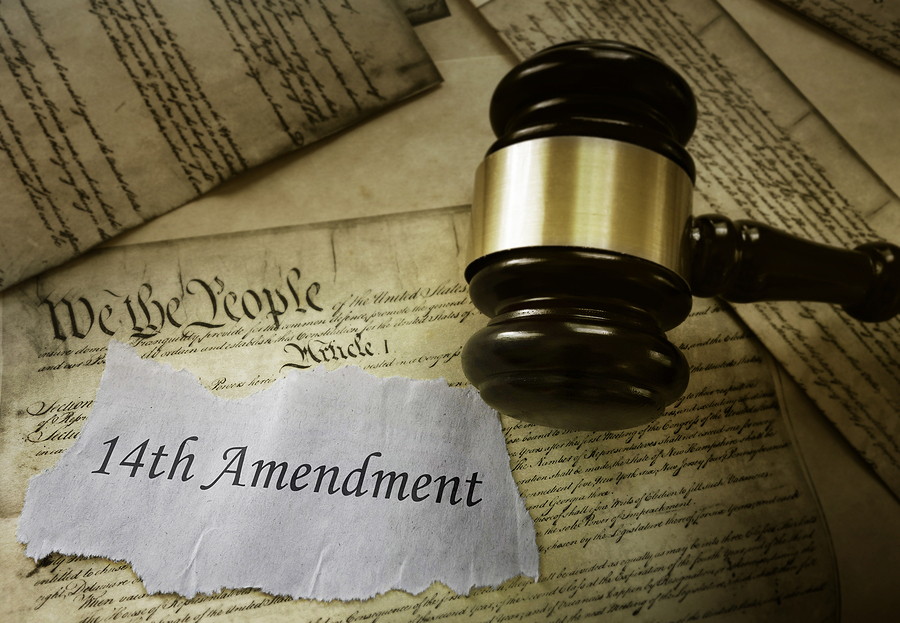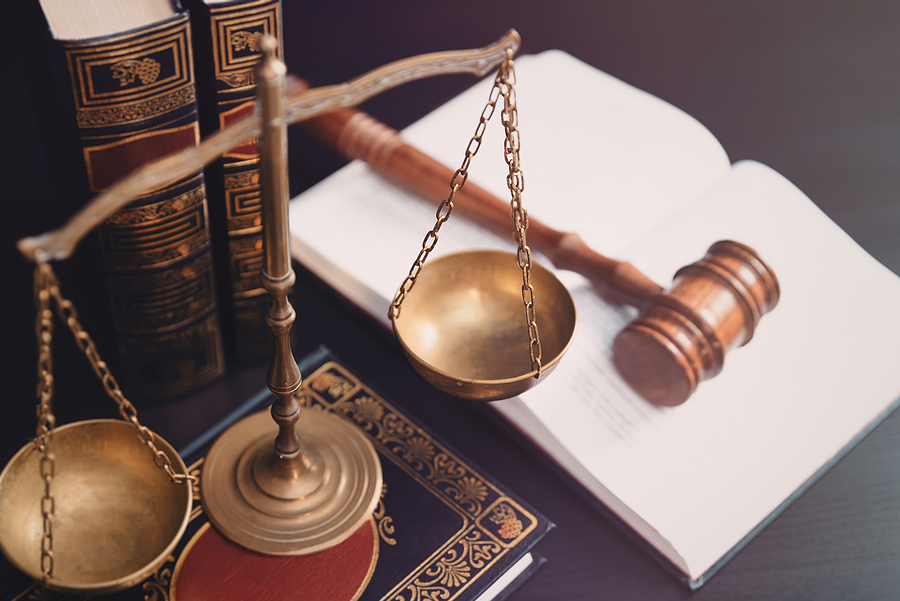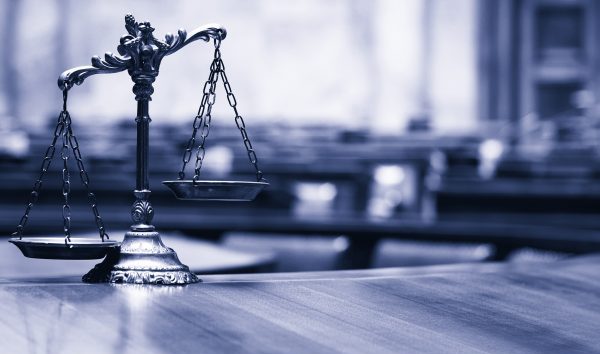Navigating the legal system can feel like a daunting maze, especially when you’re faced with criminal charges. For Indiana residents, understanding your rights as a defendant is not just crucial—it’s your guiding light through this complex process. In this comprehensive guide, we will demystify the intricacies of Indiana’s legal system, equipping you with the knowledge to defend your future effectively.
Whether you’re a first-time defendant or seeking a refresher, this post will cover everything from the fundamental rights you possess to practical advice on how to exercise them. Read on to learn about your legal rights, the stages of the criminal process, and available resources to support you.

Understanding Indiana’s Legal System and Criminal Charges
The legal system in Indiana is structured to ensure justice and fairness. However, facing criminal charges can be overwhelming without a clear understanding of how the system works. In Indiana, criminal charges arise when the state believes there is sufficient evidence that a person has committed a crime, ranging from misdemeanors to felonies.
The process begins with an arrest, followed by a series of legal proceedings, including court hearings and possibly a trial. Navigating these steps requires awareness of both the procedural aspects and your constitutional rights as a defendant. Each phase is critical and impacts the outcome of your case, emphasizing the importance of being informed and prepared.
Overview of Defendants’ Legal Rights
Every defendant in Indiana is entitled to specific rights designed to protect their interests and ensure a fair legal process. These rights are anchored in the U.S. Constitution and reflect the principles of justice and due process. Among the most significant rights are the right to remain silent, the right to an attorney, and the right to a fair trial.
Understanding these rights is your first defense against unwarranted legal repercussions. They provide a framework for navigating the legal system with greater confidence and security. By familiarizing yourself with these rights, you can more effectively communicate with your legal team and advocate for yourself throughout the process.
The Right to Remain Silent
One of the most well-known rights is the right to remain silent, which protects you from self-incrimination. This means you are not obligated to answer questions or provide information that could be used against you in court. The Miranda rights, often recited during an arrest, underscore this fundamental protection.
In practice, exercising this right involves politely declining to answer law enforcement questions without your attorney present. This approach not only safeguards your legal position but also ensures that any statements made cannot be misinterpreted or used out of context.
Right to an Attorney
The right to legal counsel is another essential component of your defense strategy. Whether you opt for a public defender or hire a private criminal defense lawyer, having professional representation is crucial. An experienced attorney can guide you through the legal process, help you understand the charges, and develop a robust defense strategy.
This right is particularly important during interrogations and court proceedings. Your lawyer serves as your advocate, ensuring that your rights are upheld and that you receive a fair trial. Their expertise can significantly impact the outcome of your case, emphasizing the importance of choosing the right legal representation.
Right to a Fair Trial
The right to a fair trial is a cornerstone of the justice system, ensuring that every defendant receives an impartial hearing. This includes the right to a jury of your peers, the right to present evidence, and the right to cross-examine witnesses. These elements are designed to create a balanced and just legal proceeding.
In Indiana, as elsewhere, the fairness of a trial is maintained by adhering to strict legal standards and procedures. Understanding these protocols can help you and your legal team prepare effectively, maximizing your chances of a favorable outcome. It’s a vital aspect of asserting your innocence and receiving due process.
The Process of Criminal Charges in Indiana
Once charges are filed, the legal process in Indiana unfolds through several stages, each requiring careful attention. From arrest to trial, understanding the sequence of events helps you anticipate what to expect and prepare accordingly.
- Arrest and Booking: Upon arrest, you are taken to a police station for booking. It’s crucial to remain calm and remember your rights during this phase.
- Initial Hearing and Bail: The initial hearing determines whether bail is set, allowing you to be released while awaiting trial. Your attorney can argue for reasonable bail terms based on the specifics of your case.
- Pretrial Motions and Hearings: Before the trial, various motions and hearings may occur to address legal issues. Your lawyer plays a key role in navigating these proceedings.
- Trial and Sentencing: If your case goes to trial, your lawyer will present evidence and arguments to defend your innocence. Sentencing follows a conviction, highlighting the importance of a strong defense.
How to Protect and Exercise Your Constitutional Rights
Exercising your rights effectively requires proactive measures and a clear understanding of the legal landscape. Here are some practical tips for Indiana defendants:
- Remain Informed: Stay updated on your case’s status and familiarize yourself with relevant laws and procedures.
- Communicate with Your Lawyer: Keep open lines of communication with your attorney. Share all pertinent information and follow their advice.
- Document Everything: Maintain thorough records of all interactions with law enforcement and legal proceedings. This documentation can be invaluable to your defense.
Resources and Support for Defendants in Indiana
Indiana offers various resources and support networks for defendants navigating the legal system. These organizations provide assistance, information, and advocacy to ensure your rights are protected.
- Indiana Public Defender Council: Offers resources and support for individuals seeking legal representation.
- Indiana Legal Services: Provides legal aid and representation for those who qualify based on income criteria.
- Local Community Organizations: Many communities have smaller organizations like churches and schools that are dedicated to supporting defendants through the legal process.
Conclusion
Understanding and asserting your legal rights as a defendant is crucial for achieving a fair outcome in your case. By familiarizing yourself with the legal process, exercising your rights, and seeking support, you can better defend your future.
For those seeking further guidance, consider reaching out to a qualified criminal defense lawyer who can provide personalized advice and representation tailored to your needs. Remember, knowledge is power, and being informed is your best defense.
Navigating the complexities of the criminal justice system can be challenging, but you don’t have to do it alone. Contact the Law Office of David E. Lewis at 317-636-7514 to book an appointment with an experienced criminal defense attorney in Indianapolis, Indiana. We will get the best possible outcome for your criminal case! Act now while there is still ample time to build your defense and secure your freedoms.
Related Posts:
Due Process Explained: How the Fourteenth Amendment Shapes Law
A Guide to Understanding Your Rights in Criminal Court
What are My Constitutional Rights After Being Arrested?








